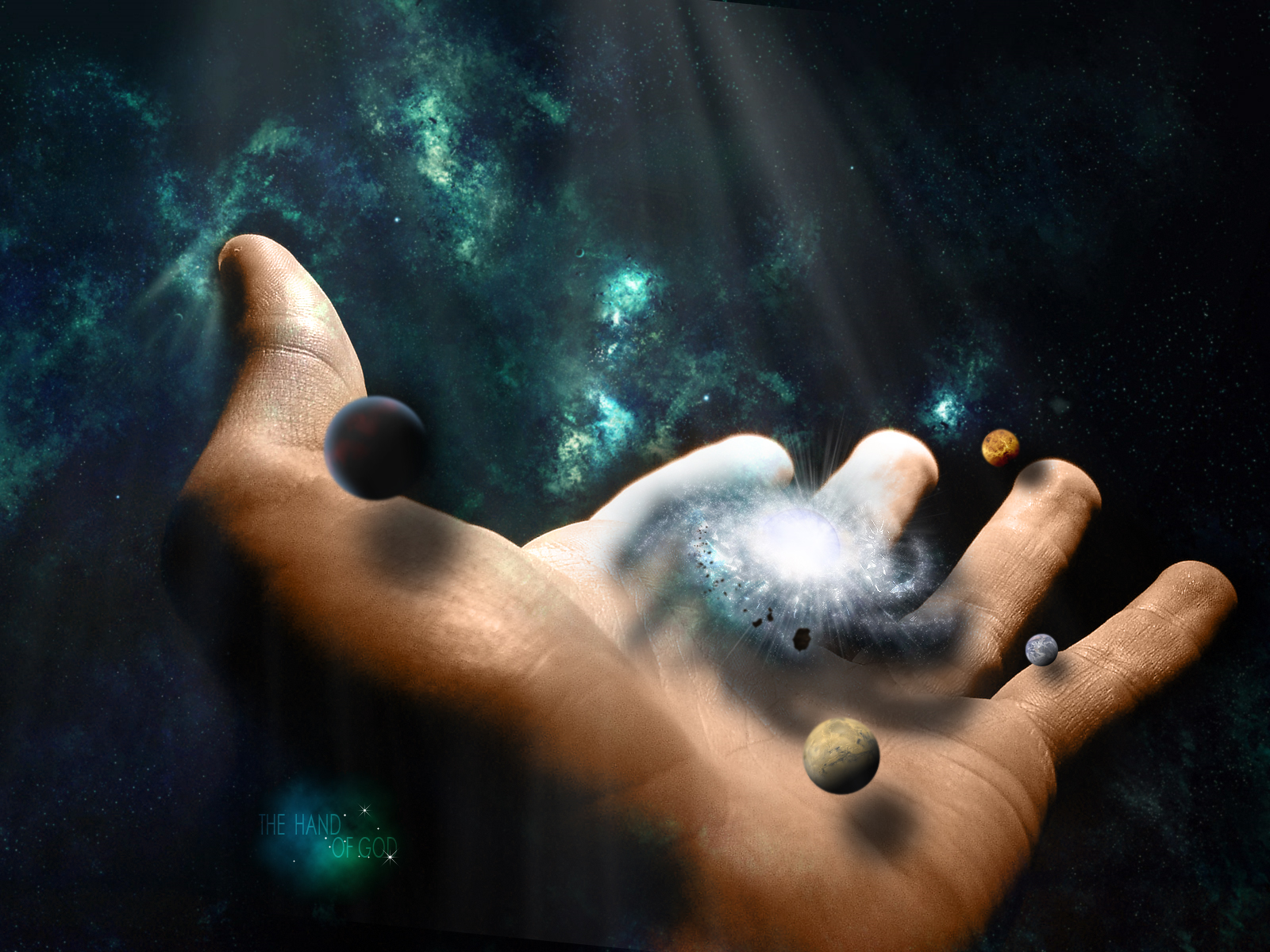Someone wrote and flatly stated she was an atheist and I was a believer. Since I most often meet up with believers who think I’m a heretic or apostate, I wondered what she meant by atheism and why she believed I’m a believer. She didn’t respond.
 To my mind, belief in God and non-belief in God are two sides of the same coin. Neither has anything to do with discovering the truth of the matter.
To my mind, belief in God and non-belief in God are two sides of the same coin. Neither has anything to do with discovering the truth of the matter.
Christians believe God created the universe, and is letting things play out mechanistically, with humans having “free will” and God directly intervening from time to time. Does atheism mean not believing in such a ‘Creator,’ a ‘Supreme Being?’ If so, I understand and am in accord with this kind of ‘a-theism,’ since there is no such deity.
Or is atheism the belief that the universe is a completely random, mechanistic and deterministic interaction of particles and waves, and that there is nothing beyond the ‘mind of man?’ To my mind, that, as much as any belief (for indeed it is a belief) is a projection of thought, maintaining self and man at the center of the universe.
Doubt is the most important quality for a genuinely spiritual person. It’s the capacity for frequently questioning oneself and the challenges of life. Few people, whether secular or so-called religious, can sustain such doubt however.
The human mind has a false need for certainty, which comes at the expense of truth, leading to a fixed set of beliefs and ideas one way or another, theistic or atheistic. Even the mindset that “it’s all relative” (that is, personally subjective) is a belief system that closes out enquiry, insight and growth.
Of course doubt can go too far and paralyze the mind and heart. One can live by questioning however, and settle on nothing.
Having regularly experienced something beyond thought since my late teens, I’m sure there is an infinite intelligence that is inseparable from nature (and only from humans because we live in the habitual divisiveness of thought). My question has been whether that intelligence is utterly indifferent to the fate and future of humanity (not ‘me’ and the personal dimension, which have little or no significance).
Do sentient creatures such as humans, creatures in whom the power of ‘higher thought’ has evolved, pose a riddle not just for us, but also for the universe itself? How can the universe evolve a creature at odds with its basic nature, that is, operating in terms of division and fragmentation rather than wholeness and intelligence?
The universe is an incomprehensibly vast and many-layered movement in wholeness, in which destruction and  randomness play integral parts. However there is no disorder in nature and the universe, only in man.
randomness play integral parts. However there is no disorder in nature and the universe, only in man.
So Homo sapiens, which evolved along with all other life, represents a deep contradiction, since we have been generating increasing disorder, and destroying this beautiful planet.
Does humanity’s ultimate fate matter to the universe? If there is something beyond thought, and the human brain has the capacity to perceive and participate in it, then it stands to reason that the answer is yes—up to a point. It’s an article of faith, in a different sense of the word than belief: Ordinary human beings can awaken intelligence within us, and resolve this existential contradiction.
The pristinely clear and cold stream flows by at my feet, its brown and reddish stones burnished by the fresh current and glistening in the sunlight. A woodland hawk soars through the bare branches of the oaks and sycamores, and alights on a limb near the bank on the other side.
Though the park is merely a quarter mile wide strip cutting through the middle of this rapidly growing college town, the wind through the bare trees is almost the only sound I hear other than the current gurgling by.
A meditative state ignites, and a strong feeling of affinity for all things surges through one. Indeed, it seems to flow into and pour out of one at the same time. It’s love without personal content, though the word is very far from the thing. I’m sure it is there for anyone to feel and awaken within. Without it life become a meaningless desert.
Three laborers—young men in florescent jackets and hooded sweatshirts—pull up across the creek in a truck and trailer loaded with gear. They grab their lunches and walk the 30 meters into the picnic site.
The roughest looking one, with sunglasses on and hoodie up, looks across at the man sitting incongruously in the sun on the opposite bank. He stares for a few seconds, and then waves with surprisingly friendliness.
Martin LeFevre

